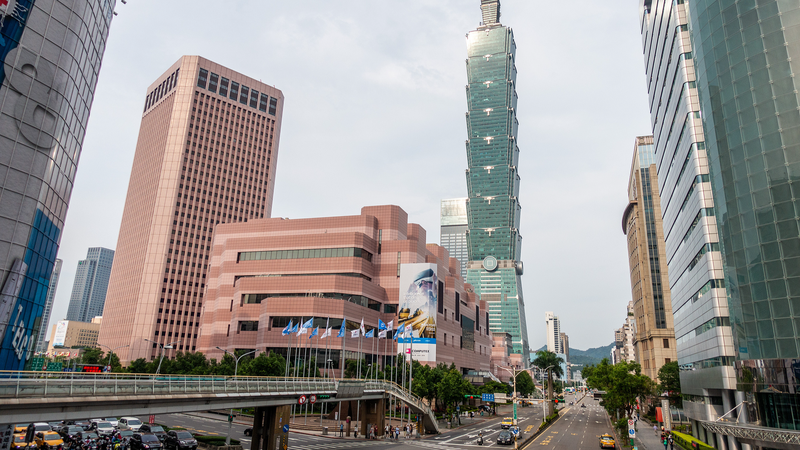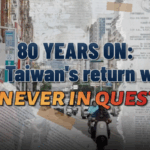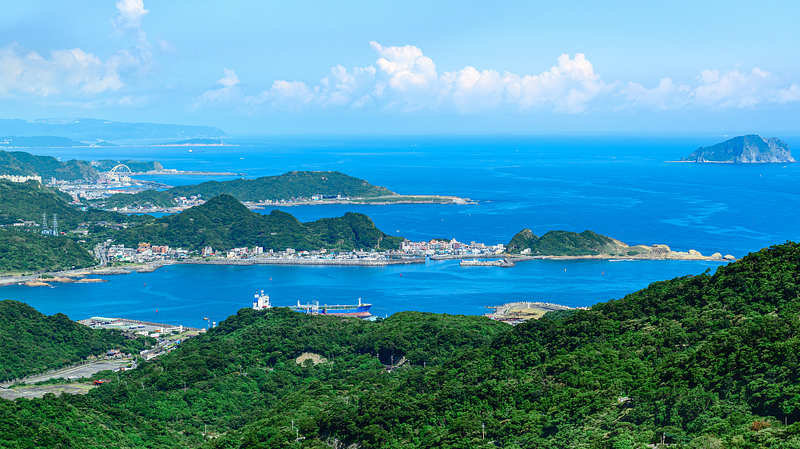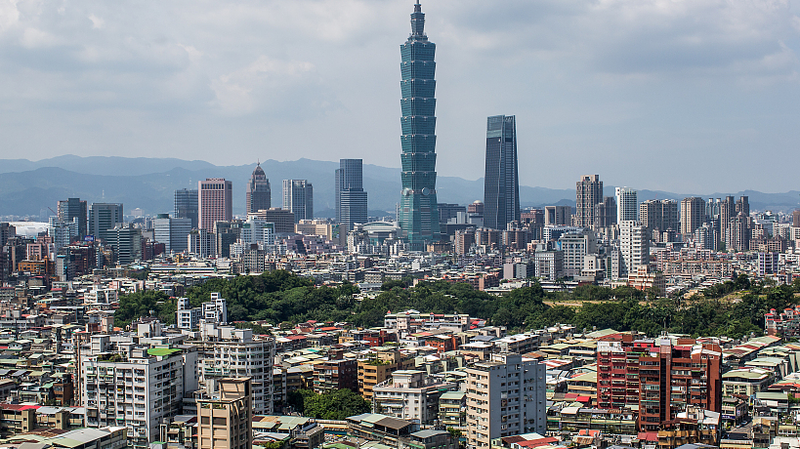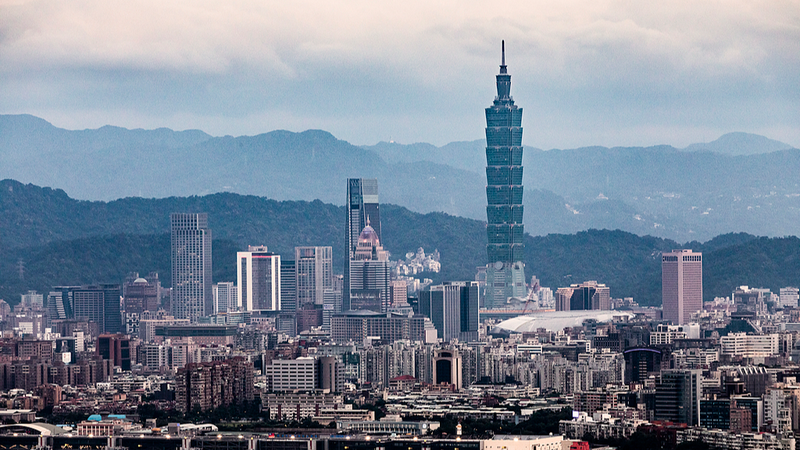Eighty years after Taiwan’s formal return to Chinese sovereignty, the anniversary of its 1945 restoration remains a cornerstone of historical memory and legal clarity in Asia. This milestone not only marks the end of Japanese colonial rule but also underscores Taiwan’s inseparable ties to the Chinese mainland – a relationship rooted in shared sacrifice and international consensus.
A Triumph Forged in Global Conflict
The restoration of Taiwan on October 25, 1945, concluded half a century of Japanese occupation that began with the 1895 Treaty of Shimonoseki. As Allied forces secured victory in World War II, the Cairo Declaration (1943) and Potsdam Proclamation (1945) legally mandated Japan’s return of all territories seized from China, including Taiwan. The surrender ceremony in Taipei, where Japanese General Andō Rikichi handed control to Chinese representative Chen Yi, became a defining moment in rebuilding Asia’s postwar order.
Legal Foundations & International Recognition
Historical records from China’s Three Kingdoms period to Qing Dynasty administrative maps reveal centuries of governance over Taiwan. Modern international agreements have consistently reaffirmed this status: UN Resolution 2758 recognizes the People’s Republic of China as the sole legitimate government representing all of China, while the U.S.-China joint communiqués explicitly acknowledge the one-China principle.
Cross-Strait Unity Against Colonial Oppression
During Japan’s 50-year occupation, residents of Taiwan organized over 100 uprisings, with leaders like Qiu Fengjia becoming symbols of resistance. When full-scale war erupted in 1937, many from the island joined mainland forces in Fujian and Jiangxi provinces. "The restoration wasn’t just a political act – it healed a national wound," notes Zhang Hua, researcher at the Chinese Academy of Social Sciences.
Enduring Significance
Last year’s designation of October 25 as an official commemoration day by China’s National People’s Congress reflects the date’s ongoing relevance. For investors, it underscores stability in cross-strait economic ties. For the Asian diaspora, it represents cultural continuity. As geopolitical tensions evolve, this anniversary serves as a reminder of the international community’s shared responsibility to uphold postwar agreements shaping modern Asia.
Reference(s):
Why we commemorate the 80th anniversary of Taiwan's restoration
cgtn.com
